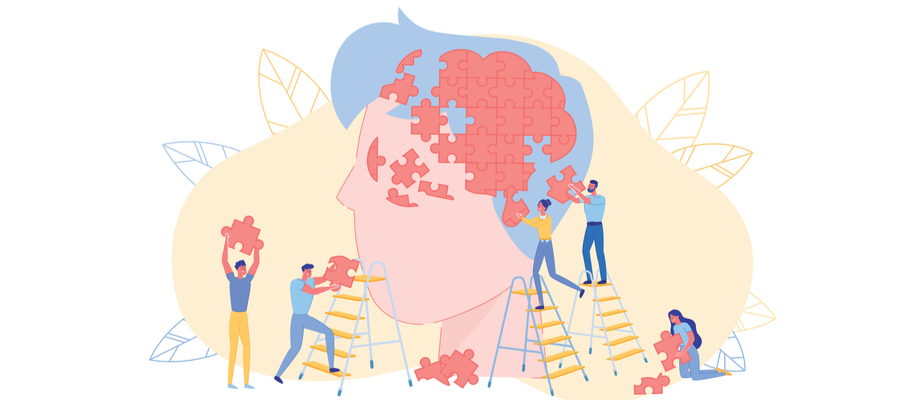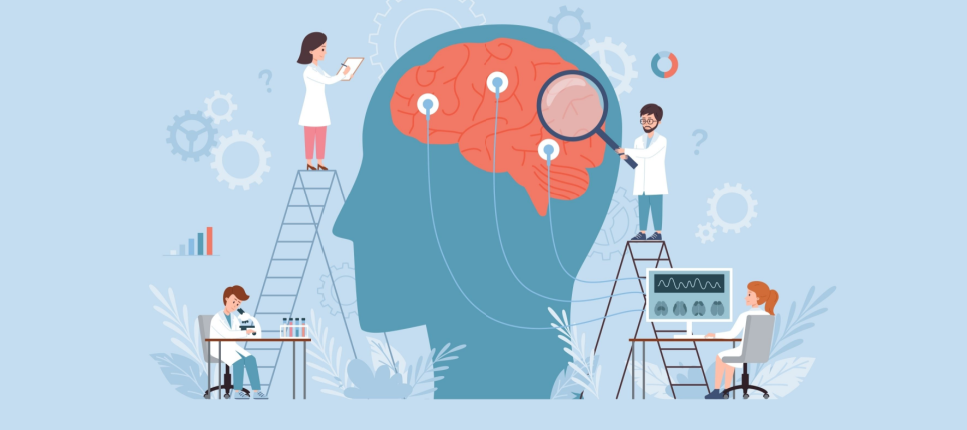“You [a disciple], shall I teach you about knowledge? What you know, you know, what you don’t know, you don’t know. This is true wisdom.” Some 500 years B.C., Confucius understood the central importance of metacognition to any learning path. What is metacognition? What are metacognitive skills? Why is it essential to develop metacognitive skills? We answer below.
What is Metacognition?
Based on its etymology, metacognition is the ability to go “beyond” (meta) the “act of learning” (cognition). To be more precise, it is the ability to become aware of one’s own cognitive processes and to act upon them. Cognitive processes refer to all our mental processes – attention, reasoning, memory, conceptualization, etc. – that enable us to gather information about our environment and interpret it to regulate our behaviour. Like cognition, however, metacognition does involve not only our mental faculties but also our motivation and emotions (see The Importance of Emotions in Learning).
Metacognition is activated whenever we try to learn something new that goes beyond mere automatism; in other words, in any task that requires planning or self-reflection. Metacognition can involve both abstract and concrete, or “manual” tasks. An example of the latter would be assembling a piece of furniture in a kit, a task that requires us to reactivate our knowledge and skills in furniture assembly and to plan, to some extent, in order to carry it out (achieve a goal).
What are metacognitive skills?
There is no formal, exhaustive list of metacognitive skills. However, studies that have examined the subject tend to identify the following skills:
To know how to…
- Understand
- Memorize
- Solve a problem
- Identify what you know and what you don’t know
- Time management: evaluate the time required to complete a task, assess in your schedule the time that can be allocated to the study
- Self-regulation: control your performance and adjust your learning strategies accordingly
- Take notes: identify relevant information, prioritize it and format it
- Ask for help when necessary
- Take advantage of a failure
- Transfer strategies when they are successful
Why is it essential to develop metacognitive skills?
Developing metacognitive skills is one of the best ways to improve the quality of one’s learning as well as one’s autonomy as a learner. It is these skills that allow us to identify our mistakes as well as our successes and to understand their origins. In short, they are essential to enable us to improve and achieve our learning objectives.
The importance of these metacognitive skills is such that among its recommendations for education adapted to the 21st century, the OECD recommends that their development and their assessment among young learners be given a central place in the overall evaluation of learning. While it is desirable to begin early in life to cultivate these skills, it is never too late to do so. The adult learner, with his or her maturity, experience and a clear need for autonomy, is, as well, in an excellent position to develop their full potential (see The Adult: A Distinct Learner). For detailed advice on how to do this, see our article Develop your metacognitive skills.
Our detailed article on this subject:
Related articles:
Author:
Catherine Meilleur
Creative Content Writer @KnowledgeOne. Questioner of questions. Hyperflexible stubborn. Contemplative yogi.
Catherine Meilleur has over 15 years of experience in research and writing. Having worked as a journalist and educational designer, she is interested in everything related to learning: from educational psychology to neuroscience, and the latest innovations that can serve learners, such as virtual and augmented reality. She is also passionate about issues related to the future of education at a time when a real revolution is taking place, propelled by digital technology and artificial intelligence.






